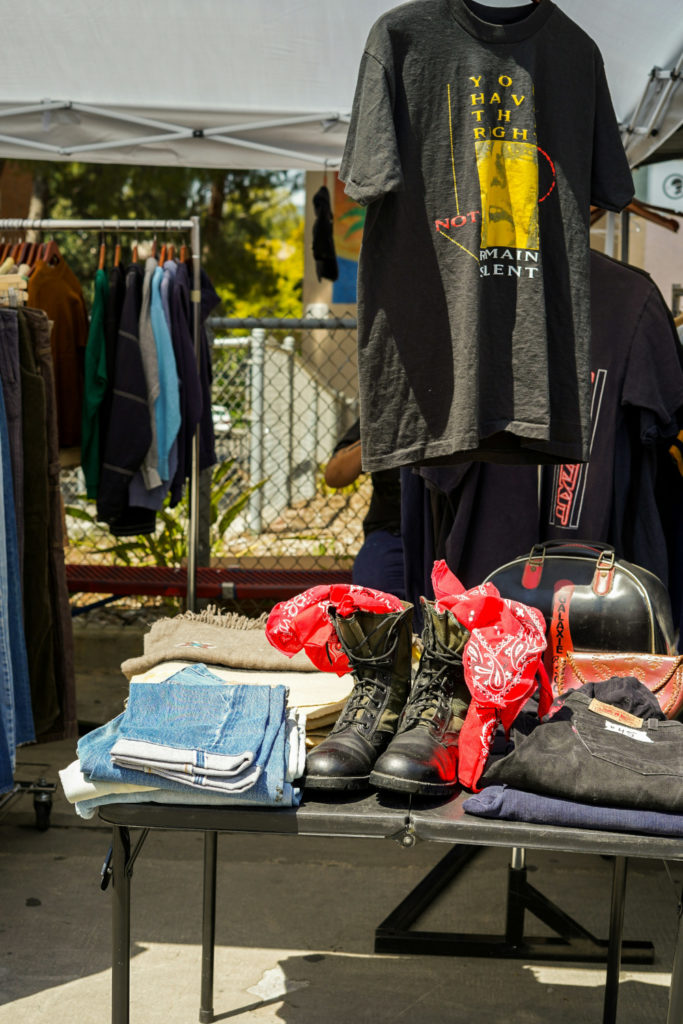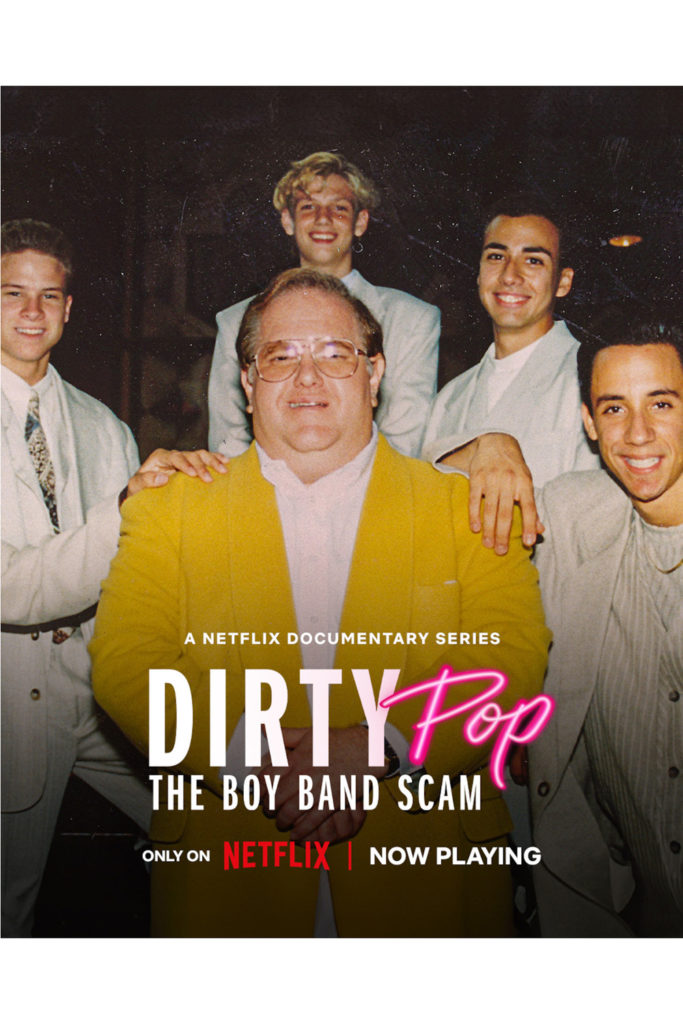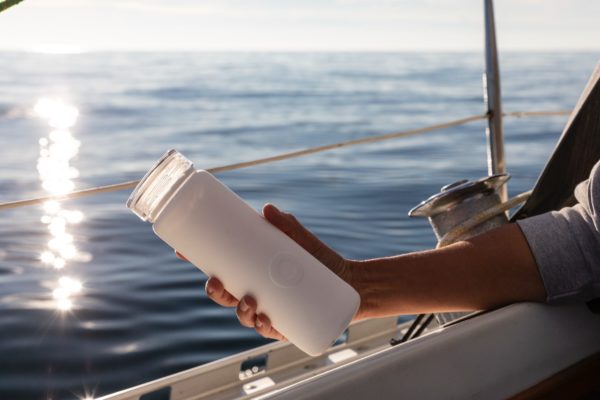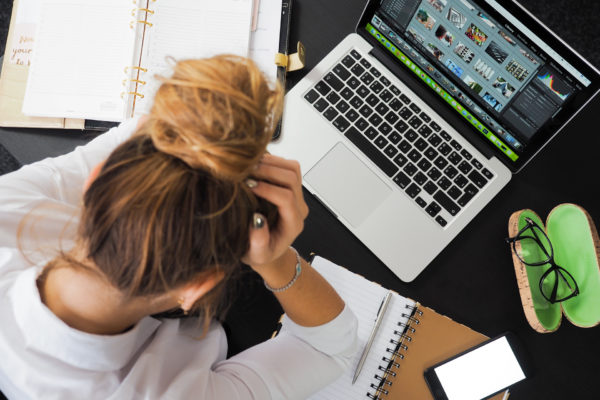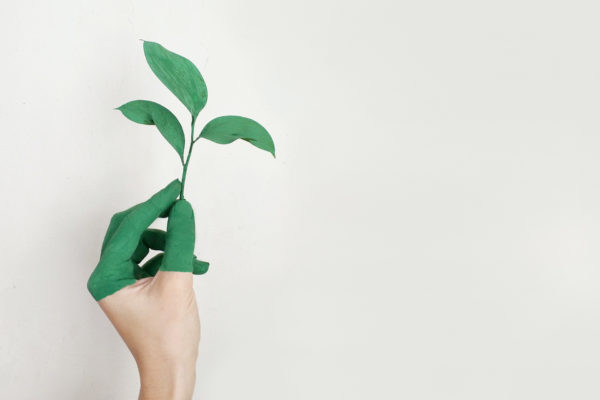The Green Coach: What Does B Corp Mean?
By
3 months ago
Here's how the certification actually works
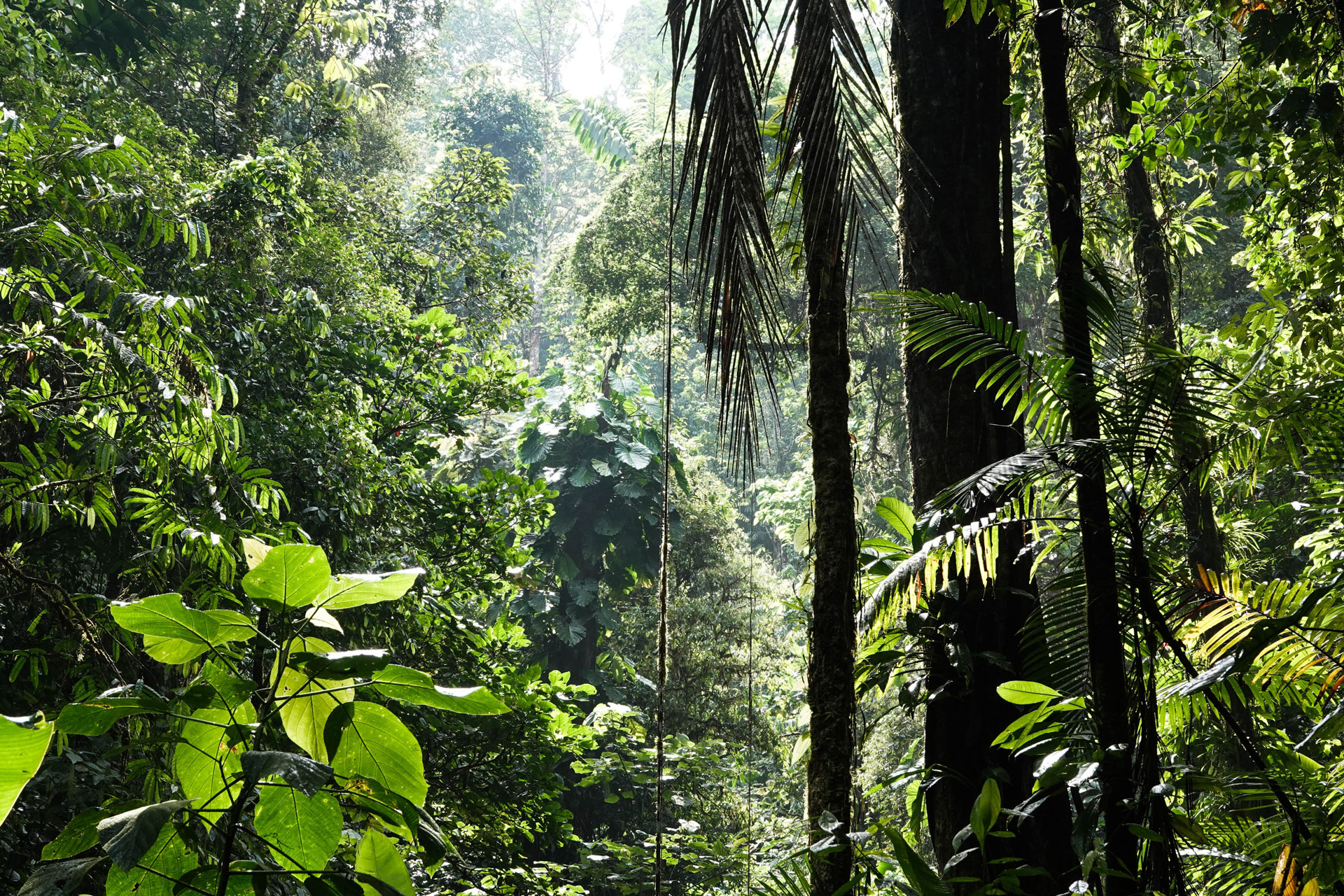
In our monthly Green Coach column, Lucy Johnson, psychotherapist and founder of sustainable lifestyle consultancy Green Salon, tackles all our biggest questions and confessions about the complexities of living a greener life. Up this month: what does B Corp certification actually entail? You can also read about Country & Town House’s own journey to getting certified here.
B Corp: An Explainer
Dear Lucy,
I’ve seen quite a few products recently with a B Corp logo on them but to be honest I’m not entirely sure what that actually stands for. I’ve also heard people saying that just about any company can get the logo so I’m not sure if I should pay attention to it even if I do know what it means!
Charlotte
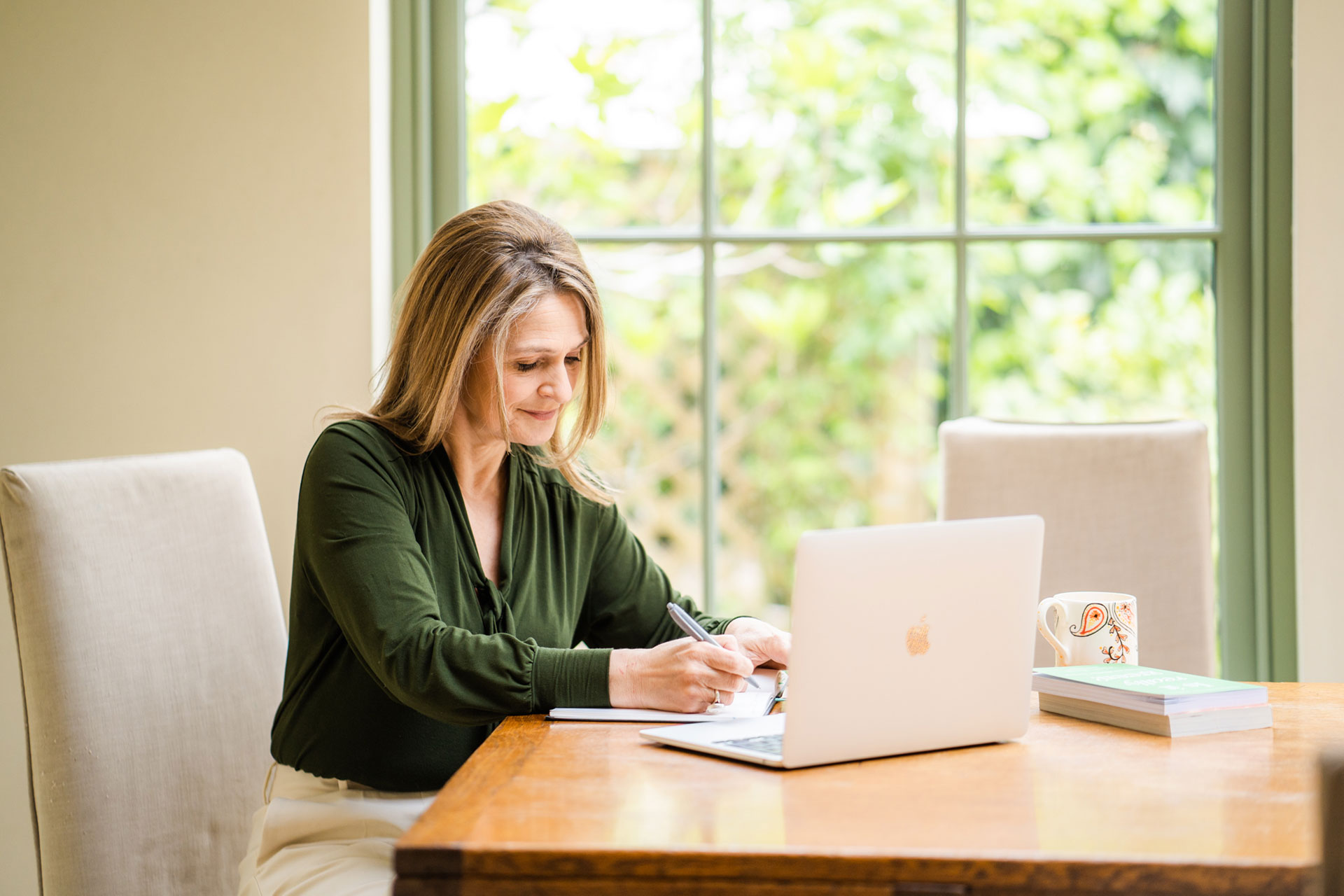
Lucy Johnson, by Vicki Knights
Dear Charlotte,
This is a really topical question. As you say, B Corp is popping up all over the place at the moment. I even saw that Waitrose and Ocado now have dedicated aisles. But as it’s not as well known as certifications like Fair Trade, I’m certain that you’re not the only person who isn’t really sure what it actually stands for.
What Is B Corp?
B Corp is the new kid on the block in terms of certifications that are designed to tell us whether a brand is careful about its impact. It builds on certificates like Fair Trade and Soil Association but B Corp is a much broader idea. It looks at the whole of a company and checks if it’s serious about taking action to protect the planet and the people that work for it.
To get B Corp certified a company must answer a lengthy set of questions about things like how they treat their workers, what they’re doing to improve their impact on the planet and how transparent they are about the work they do. If a brand scores over 80, it gets certified. The logo is handy as I’m guessing, like the rest of us, you don’t have the time to ask these sorts of questions every time you go into a shop or buy something online. It’s designed to be a useful shortcut to the information we need so we can choose how to use the voting power in our wallets.
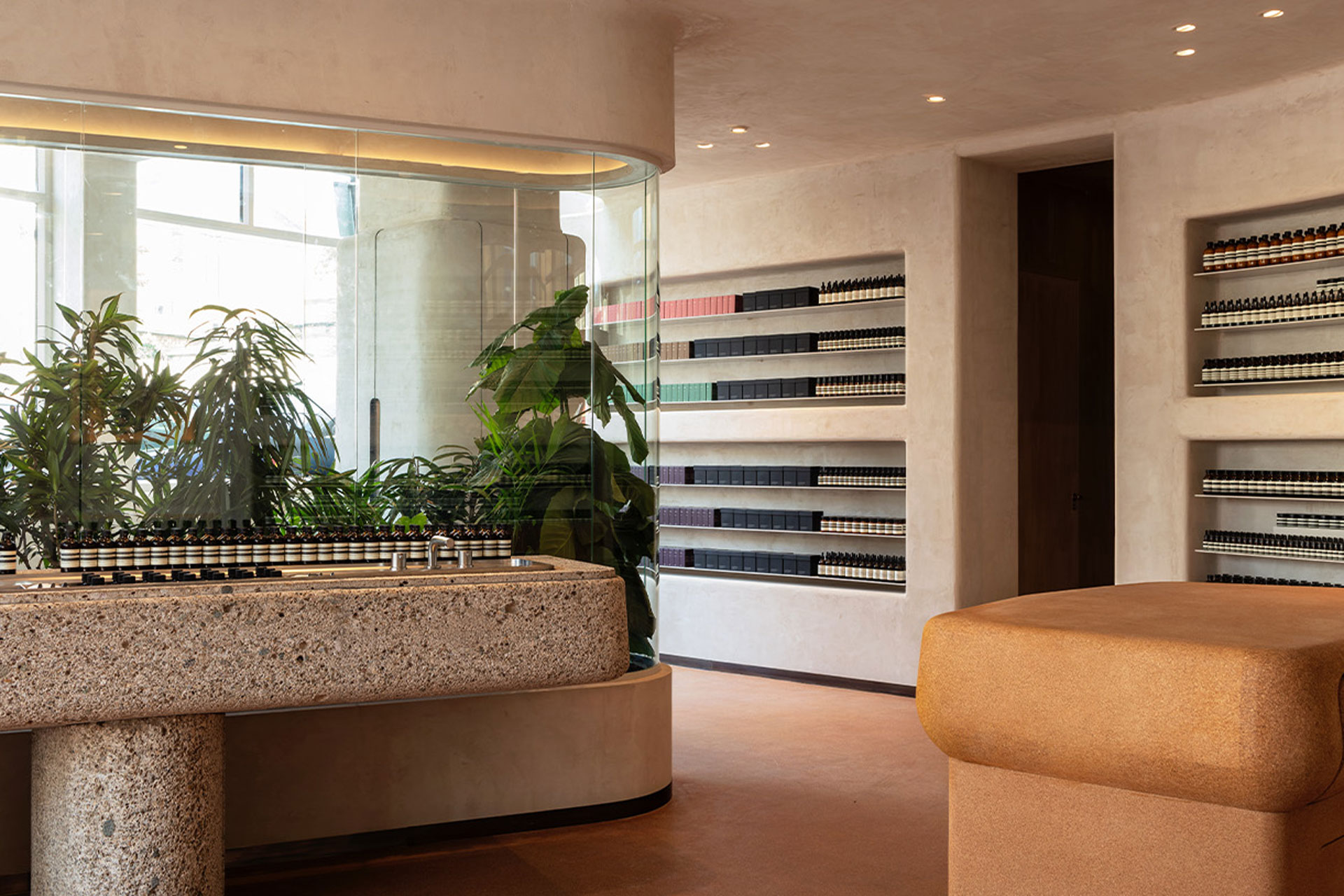
Aesop is a B Corp
Is It Reliable?
But just how reliable is it? As you say, people have criticised B Corp for being too lax in handing out certification to large corporations with questionable ethical records. The classic case was Nestle which caused uproar in 2022 when it achieved certification, despite allegations that some of its farmers earned poverty wages and that its Nespresso coffee capsules were adding to the global waste mountain.
The fall-out damaged B Corp and has led to the kinds of remarks that you’ve heard about it certifying just about any company that pays it. To be fair to B Corp, it’s hard to know what to do about bigger companies that are designed simply to make a profit, with no real thought previously about their impact on the world around them. Trying to improve the impact of these large profit-led corporations is like trying to turn a tanker. And, because they are the brands that most people buy from, if they don’t change course, the 8000 or so smaller companies that have become B Corp will make very slow progress on the problem.
It might also reassure you to know that the organisation is designed to make companies commit to more stringent targets over time. Once a B Corp, companies need to recertify every few years, and each time they need to improve their score.
Is B Corp perfect? No. Is it useful? I think so. B Corp is like so many other things in life: an imperfect answer to a deeply knotty set of problems. So should you pay attention to it? That’s clearly for you to decide. But if you’re looking for a general guide to brands that are trying to improve the way they do business, it’s a reasonable place to start.
Lucy
Country & Town House has a directory of brands that are B Corp certified, have been awarded the Positive Luxury Butterfly Mark or scored 50 percent or over on the Green Salon sustainability criteria. You can find out more at bcorporation.net.

